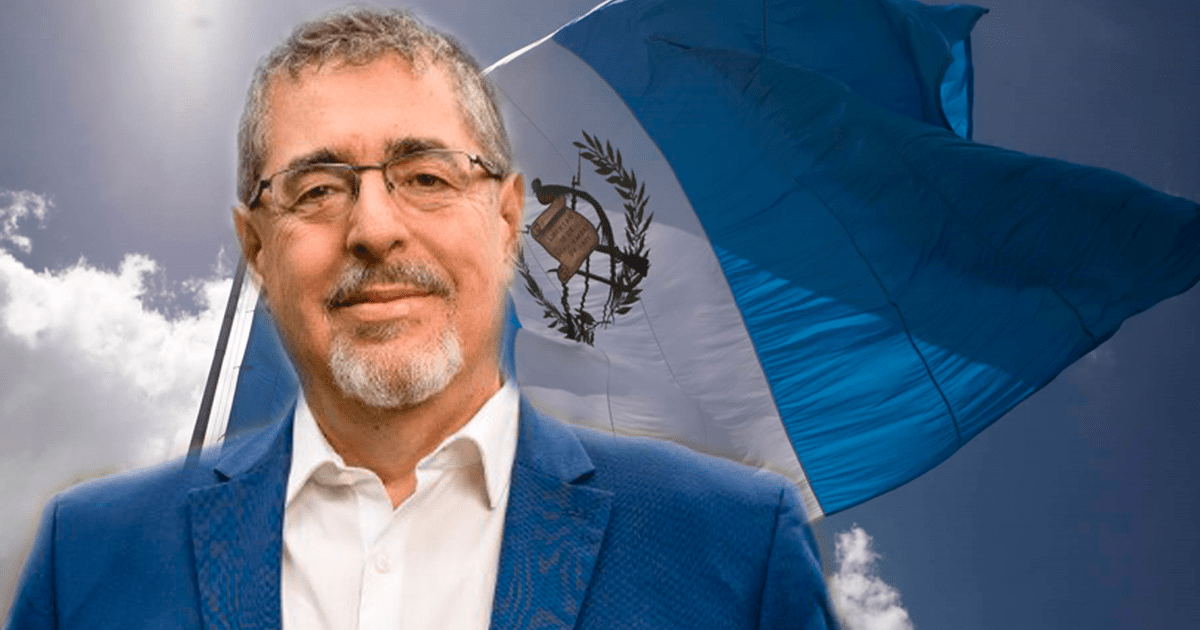In a surprising turn of events, the first round of Guatemala’s presidential election witnessed a significant upset.
César Bernardo Arévalo de León, or Uncle Bernie, a center-left congressman campaigning on an anti-corruption platform, rose from eighth place in the polls to secure second place on Election Day.
He now advances to the runoff against Sandra Torres, the former first lady of Guatemala, who had consistently led in the pre-election polls.
Political scientists analyzing data from previous Latin American presidential elections noted that Arévalo’s surge was the most substantial lead among candidates in the region during that period.
The election campaign was marked by the gradual disqualification of candidates viewed as potential challengers to the country’s political elite.

This pattern of exclusions, along with actions against judges, prosecutors, and independent media by the outgoing administration of President Alejandro Giammattei, drew criticism.
The election day itself was relatively calm and well-organized, according to the preliminary statement of the European Union Election Observation Mission.
However, around 24% of voters cast blank or invalid ballots as a deliberate protest.
The 64-year-old Arévalo, lacking political connections and the funds for extensive television coverage, along with his party, launched a grassroots campaign.
They also worked on building his audience on Twitter and TikTok, occasionally addressing him with a popular nickname embraced by his fans: Tío Bernie, which means “Uncle Bernie.”
Uncle Bernie promised increased investments in healthcare and education and an end to “dirty politics.”
Torres received approximately 16% of the votes, while Arévalo secured about 12%. The candidate from Giammattei’s party ranked third.
Arévalo’s party, Movimiento Semilla (Seed Movement), has a strong anti-corruption stance.
In 2019, they had put forward the popular anti-corruption attorney general Thelma Aldana as a presidential candidate before her disqualification on bribery charges.
Arévalo, despite his initial low recognition and limited TV coverage, successfully engaged with grassroots campaigning, built a social media presence and appealed to young and urban voters.
His promises of increased investment in healthcare and education and a commitment to ending corruption resonated with the electorate.
The unexpected surge in Arévalo’s support raised questions about why it went undetected during the campaign.
Initially, some voters strategically supported candidates to prevent more right-leaning contenders from advancing.
However, growing disillusionment with the electoral process led to a sentiment shift favoring Arévalo.
Through active social media engagement in the final weeks, Arévalo managed to capture the attention of young voters.
Arévalo’s party also made significant gains in Congress, securing 24 seats compared to the previous seven.
This positions them as the third-largest faction in the 160-seat unicameral legislature, while Giammattei’s party won 40 seats.
With the runoff approaching, a ProDatos poll revealed that 41% of voters declared they would never vote for Torres.
Arévalo’s path to victory now seems within reach, leaving analysts intrigued by this unforeseen phenomenon in Guatemalan politics.

